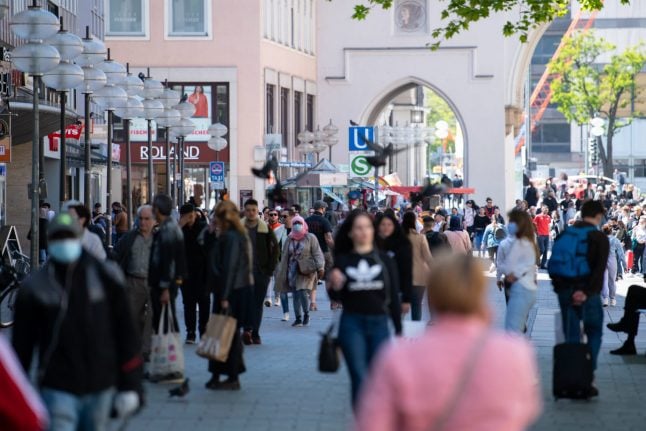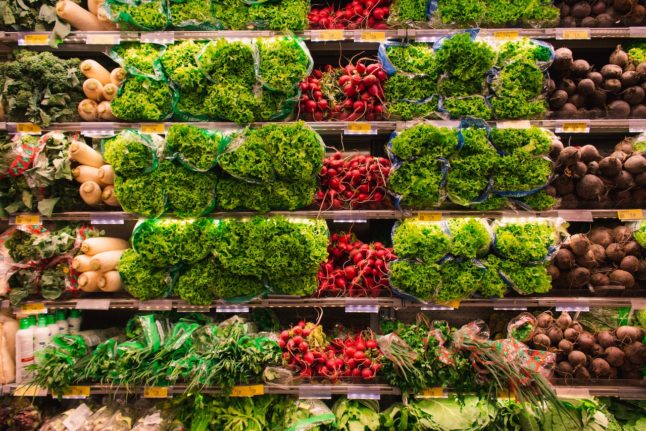As Austrians celebrate their National Day on Monday, which is a public holiday throughout the country, there are fears that people will travel and cross the border into Bavaria for non-essential reasons, such as for tourism or shopping purposes.
But Bavarian Health Minister Melanie Huml, of the conservative Christian Social Union, pointed out on Sunday that if people in Austria crossed the border to go shopping they would face quarantine in the southern state – even if they were only visiting for a short time.
“Even though we like to have our Austrian neighbours with us under normal circumstances – cross-border travel for shopping only is not a good idea in the current corona infection situation and is not permitted anyway,” Huml said.
The daily increasing numbers are worrying and contact of any kind should be avoided as far as possible, she added.
The obligation to quarantine for 14 days applies to everyone entering Bavaria from a foreign risk area, Huml emphasised. The quarantine period can be ended after a period of five days at the earliest with a negative coronavirus test.
A shopping trip, no matter how short it is, is no exception, she said. According to the current entry quarantine regulation, anyone who has stayed in a risk area for more than 48 hours and enters Bavaria is obliged to go into quarantine. The Minister underlined: “And this is the case for people living in Austria.”
In Austria, eight out of nine federal states have been classed as risk zones by Germany – only Carinthia is not considered a risk area.
READ ALSO: UK, Switzerland and most of Austria placed on Germany's quarantine list
The 48-hour exception does not apply to people living in Austria
Authorities were keen to point that the so-called '48-hour quarantine exception rule' does not in principle apply to people who live permanently in a risk area and enter Bavaria from there.
According to information from the Health Ministry, the exception applies to Bavarians who were briefly in a risk area (for less than 48 hours) because they work there or were visiting a partner.
Huml said: “I ask everyone to use common sense. This is not the time to travel and meet. We want to avoid the spread of the virus as much as possible.”
Covid-19 is spreading rapidly in Bavaria. On Monday 20 Bavarian cities and districts including the capital Munich exceeded the threshold of 100 new corona infections per 100,000 inhabitants in the last seven days. According to data from the State Office of Health (LGL), this is nine more municipalities than before the weekend.
Cases are also rising in Austria, where new coronavirus measures have been introduced to try and slow down the spread.
READ ALSO: 'There's a danger of Covid-19 getting out of control': Bavaria orders tougher measures
On Friday October 23rd, a new rule was introduced that means commuters who enters Bavaria from a foreign risk area, including Austria, for professional or educational purposes at least once a week must regularly submit Covid-19 tests to the relevant health authority.




 Please whitelist us to continue reading.
Please whitelist us to continue reading.
Member comments